New observations suggest elongated gas filaments that stretch into space may be feeding supermassive black holes.
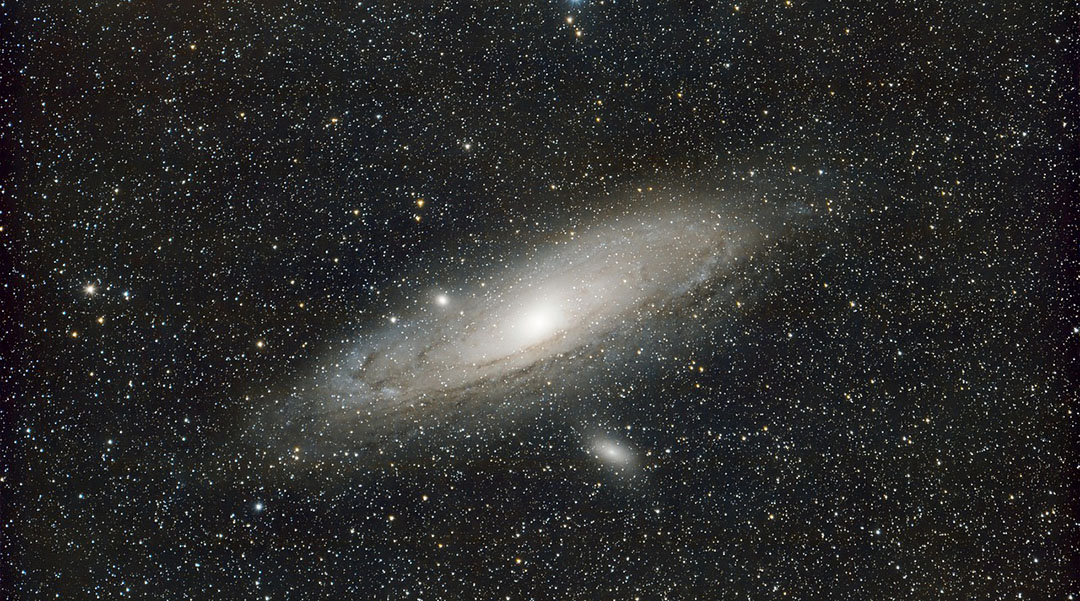

New observations suggest elongated gas filaments that stretch into space may be feeding supermassive black holes.
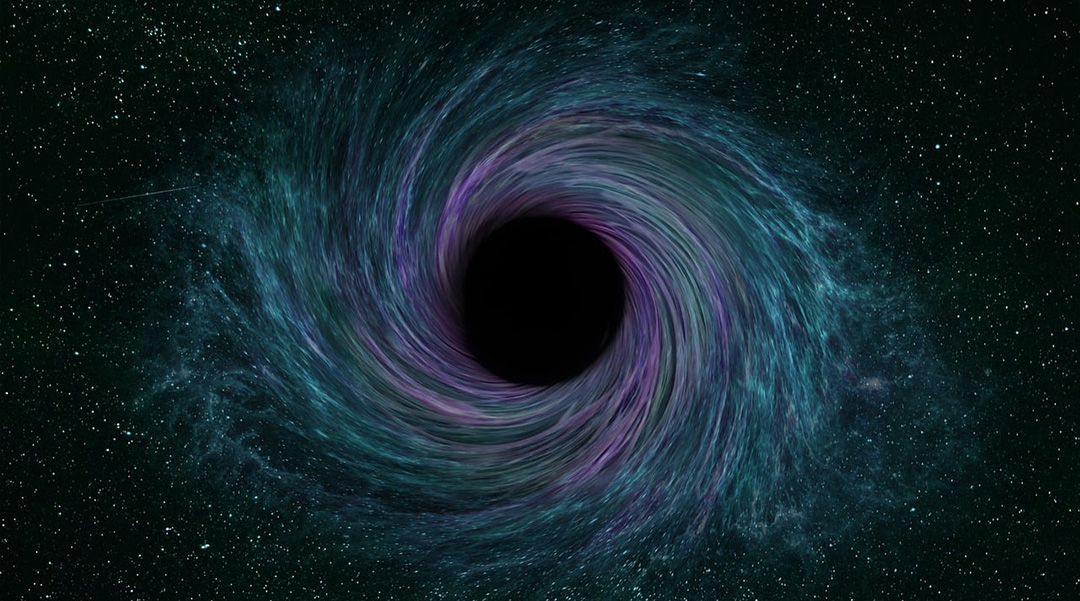
Linking string theory with observations, frozen stars shed new light on black holes and the clash between quantum mechanics and relativity.
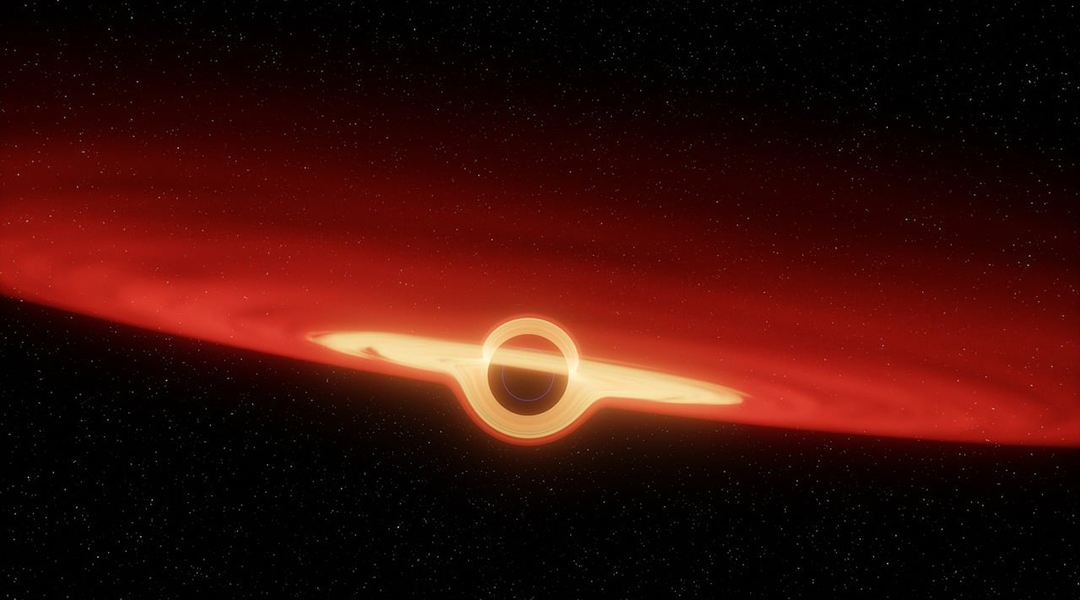
Small primordial black holes could have consumed the interiors of planets or asteroids, leaving their outer shells intact.
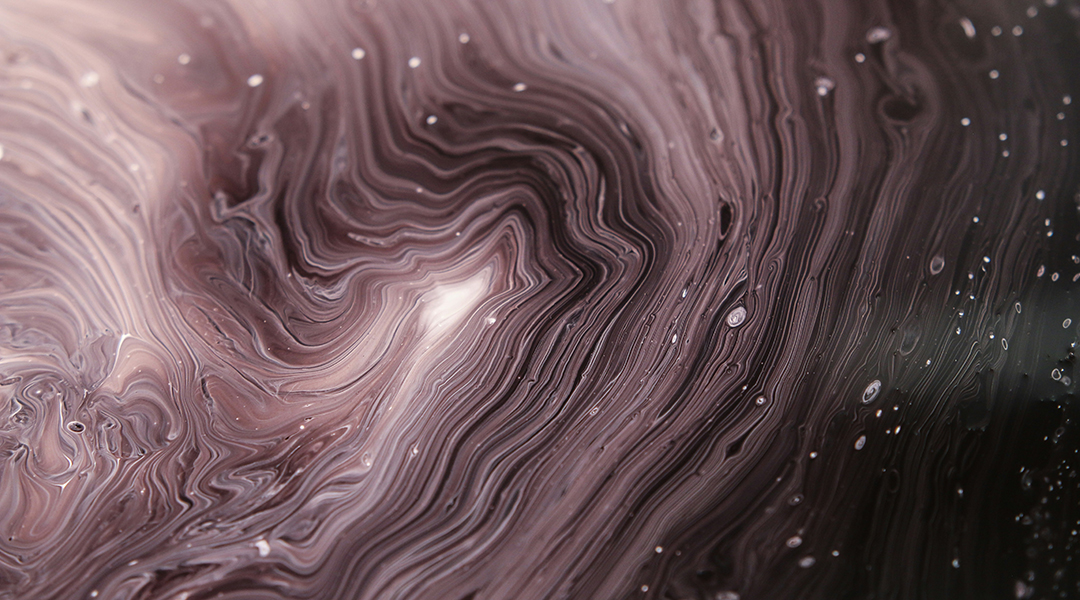
Scientists theorize that cosmic strings interacting with dense matter in the early universe provided the seeds for galaxies and black holes.
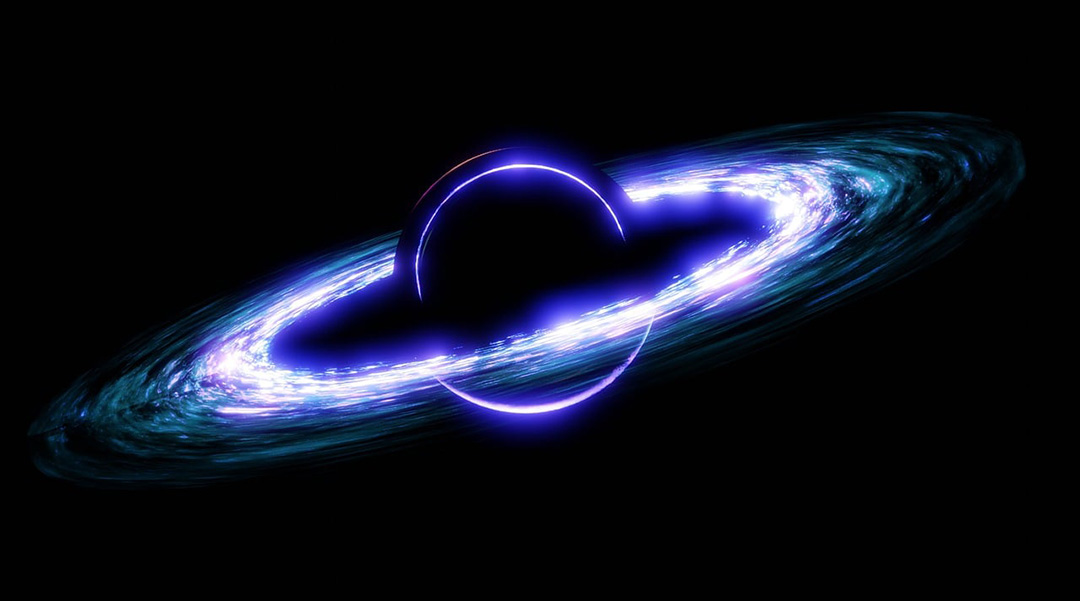
Astronomers have discovered that black holes trigger the formation of galactic winds that greatly influence star formation.
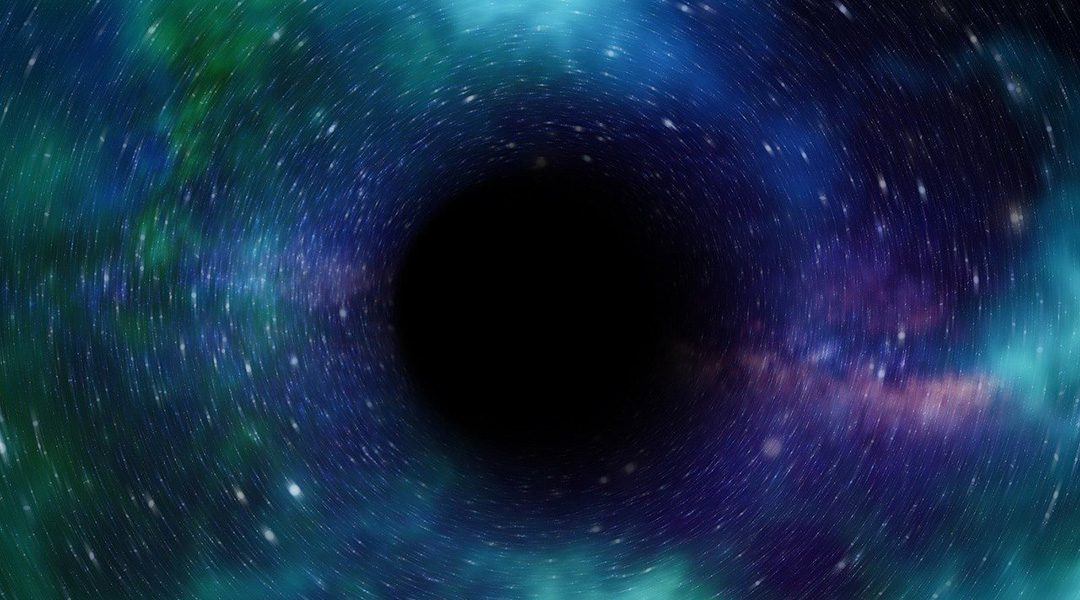
The new findings contradict most observations of supermassive black holes, making this an unprecedented discovery.
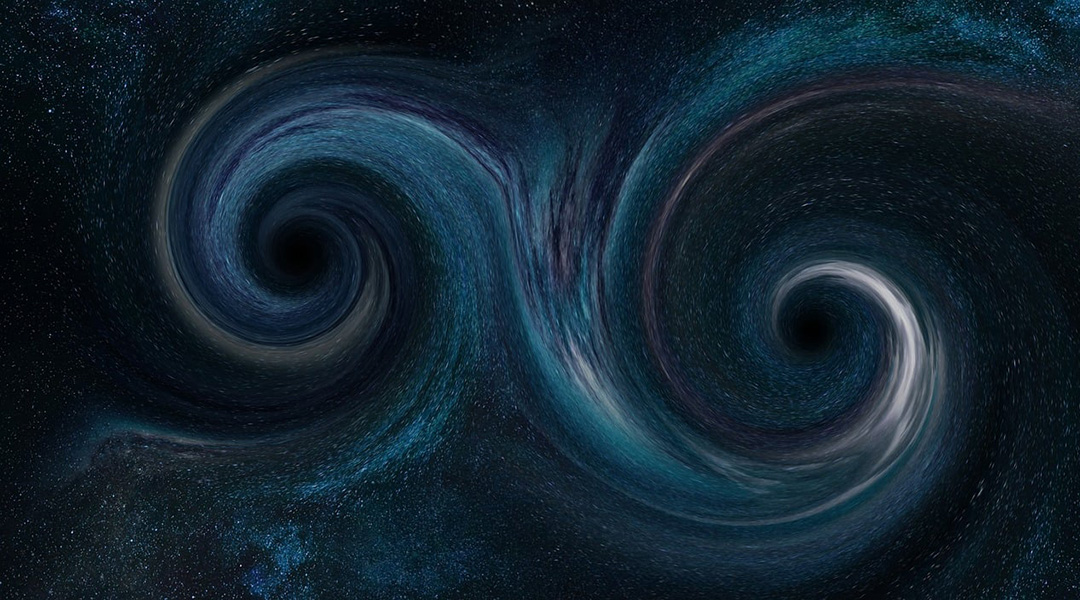
Gravitational waves could be the key to imaging elusive primordial black holes born in the first moments of our Universe.
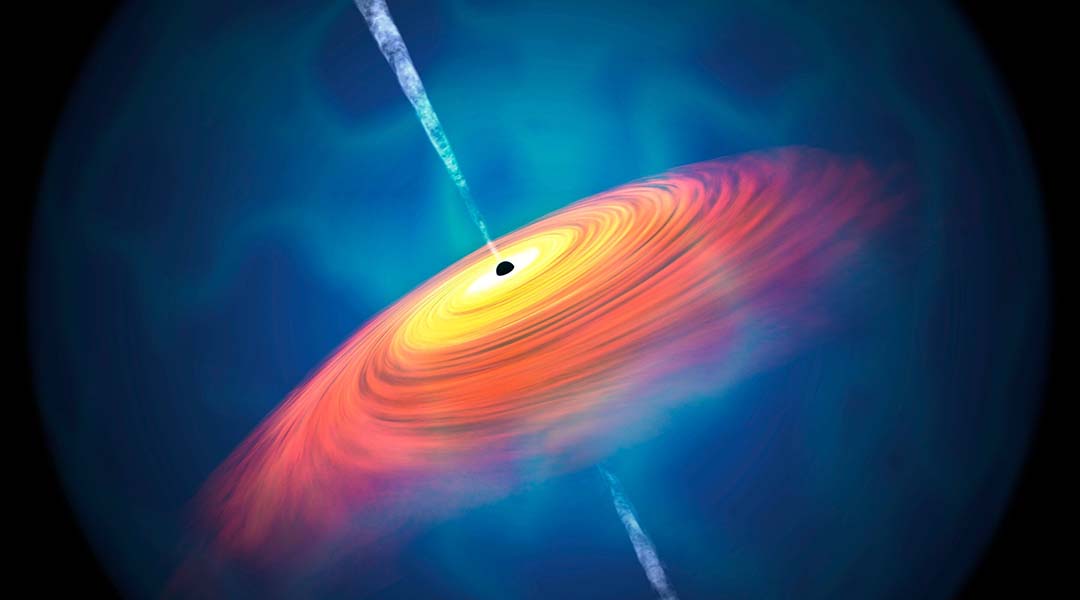
Scientists have only observed supermassive black holes one billion years after the Big Bang, but astrophysicists have now breached this barrier.
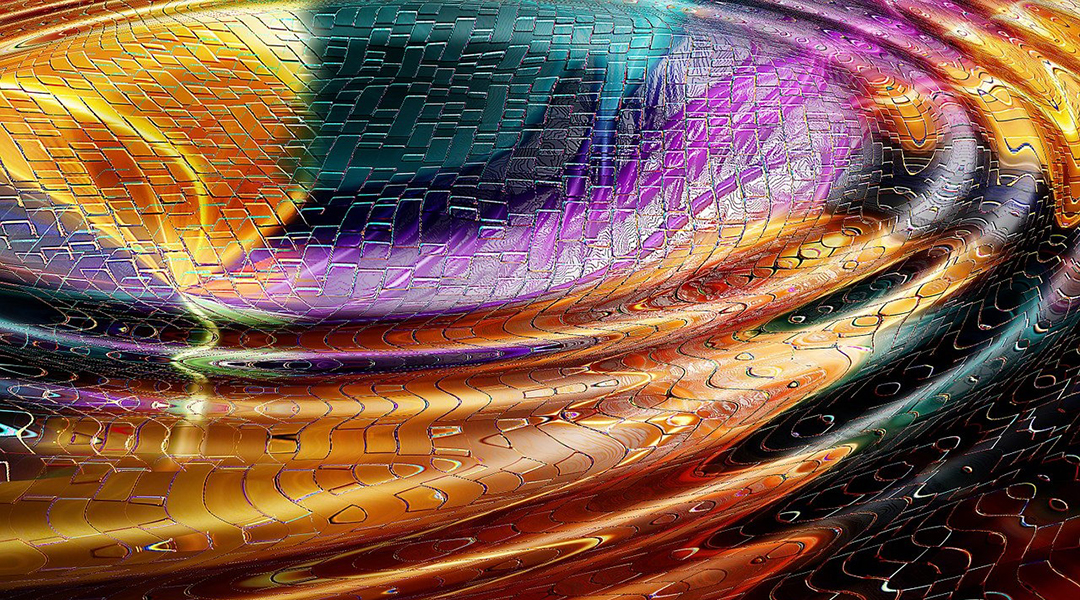
A 15-year study using observed radio signals from the 67 pulsars has concluded that the entire cosmos is filled with undulating gravitational waves.
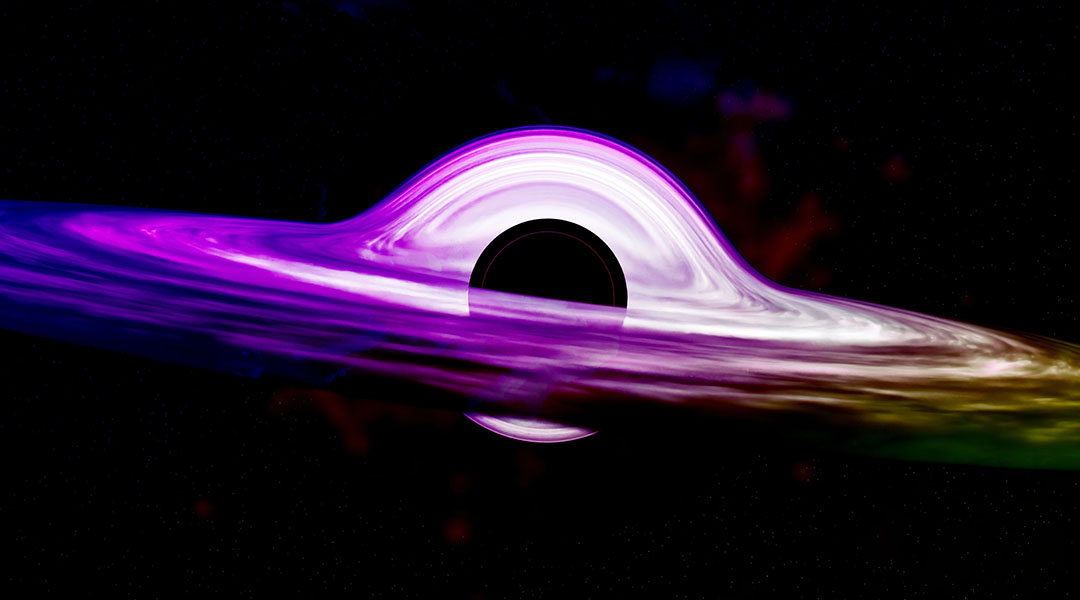
Dark matter could be aggregating around black holes, providing a possible means of indirectly measuring its properties.